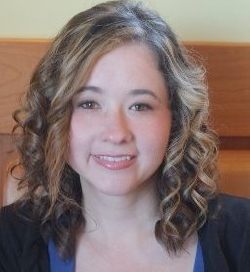|
Courtney Smith is a recent MSW graduate of Barry University. While at Barry, she participated in numerous professional developments, joined the Student Social Work Association and was a graduate research assistant to two professors.
 Courtney Smith
Courtney Smith
|
|
|
Smith earned a bachelor’s in clinical psychology from Southern Adventist University, where she conducted her own independent research study on mate selection. She enjoyed being a member of Psi Chi, the International Honor Society in Psychology, while perusing her bachelor’s. Smith has experience working in child welfare, gerontology, and community development with vulnerable communities, families and individuals.
|
|
When did you first desire to become a social worker?
My passion for social work started in the first grade and carried on throughout the rest of my academic career. Even in the first grade I was case managing; I made sure to be friends with everyone, especially the new students so no one would feel alone. I was always making sure everyone had something to eat, and my mom would always give me three or four snacks with my lunch and I would make sure to give my snacks to the students that did not have food. As a young child, I knew the importance of Maslow’s Hierarchy of needs, specifically meeting the needs of others for safety and belonging. By the time I was in the sixth grade, I was able to put a title to the work, and I knew I wanted to be either a counselor or a social worker.
Why did you choose Barry University to complete your graduate studies?
I chose Barry for two reasons. First, I chose Barry University’s School of Social Work because it was highly recommended to me by six of my colleagues, all alumni of Barry who now live and work back home at the at the Department of Children and Family Services (DCFS) in Bermuda. Secondly, I have always wanted to be a counselor and a social worker, so the Clinical Social Work program at Barry University turned out to be the perfect marriage of both. The social work program at Barry has a curriculum focused on a trauma-informed resiliency framework that appealed to me while I was deciding which schools I wanted to apply to. I appreciated that during the foundation year we were introduced to the generalist practice perspective and then focused on clinical social work practice during our concentration year.
Have you had any meaningful internship experiences?
My love for social work grew from my summer internships at DCFS in Bermuda where I was exposed to some of the most vulnerable populations in Bermuda. It was during those internships that I came to understand what a social worker does, and I was sold almost instantly. My internship with Miami Children’s Initiative also impacted me in ways that I could write about endlessly. My experience in Liberty City taught me so much about the clinical side of working on the micro, mezzo and macro level in a community. For example, on any given day at my internship, I may be involved in a morning meeting regarding policies that impact the families I work with. Later in that same day I may get to work with part of a family in a couple’s session, and then in that same afternoon meet with their child for an individual session.
Is there anyone who inspired or helped you along your journey?
I can honestly say that all the social worker’s at DCFS in Bermuda inspired me in some way. I was gifted with the opportunity to work with the social workers and social work assistants on the Family Preservation Team; the lessons I’ve learned from them are invaluable. Also, through the mentorship and opportunities provided by Dr. Tisa McGhee, Dr. Olga Osby and my Field Educator Edwina Knox-Betty, I was able to narrow down my career interests even further. I have found true fulfillment in working with vulnerable children and families in communities where there are high levels of violence and crime — specifically gun and domestic violence.
My field educator, Mrs. Knox-Betty, really helped me to grow tremendously as a clinician, as she provided me with countless hours of supervision that was targeted at my development as a social worker — both professionally and personally. My supervisions with her were always empowering, as she encouraged me from the beginning to be confident in my unique gifts and to recognize that we all have our own professional stance and way that we “show up.” Mrs. Knox-Betty was also an awesome teacher, as she really made our internship experience into a live classroom. She made it mandatory for the interns to speak using clinical terminology, and always had us connect what we observed or what we were doing with theory. I will forever be grateful for her expertise and insight that she purposefully and skillfully shared with us.
What are your plans for your future?
In the future, I aim to be the CEO of an organization that specializes in aiding children and families in dealing with the challenges of experiencing a traumatic event. I would like to utilize my background in trauma and resilience to lead a team that will provide services in any setting, whether it be in the home, office, school or out in the larger community. As a leader, I hope to be approachable, maintain an awareness of the organizational culture and remain open to new ideas and change.
I would also like to pursue my doctorate in social work and teach social work courses at the Bermuda College.
|
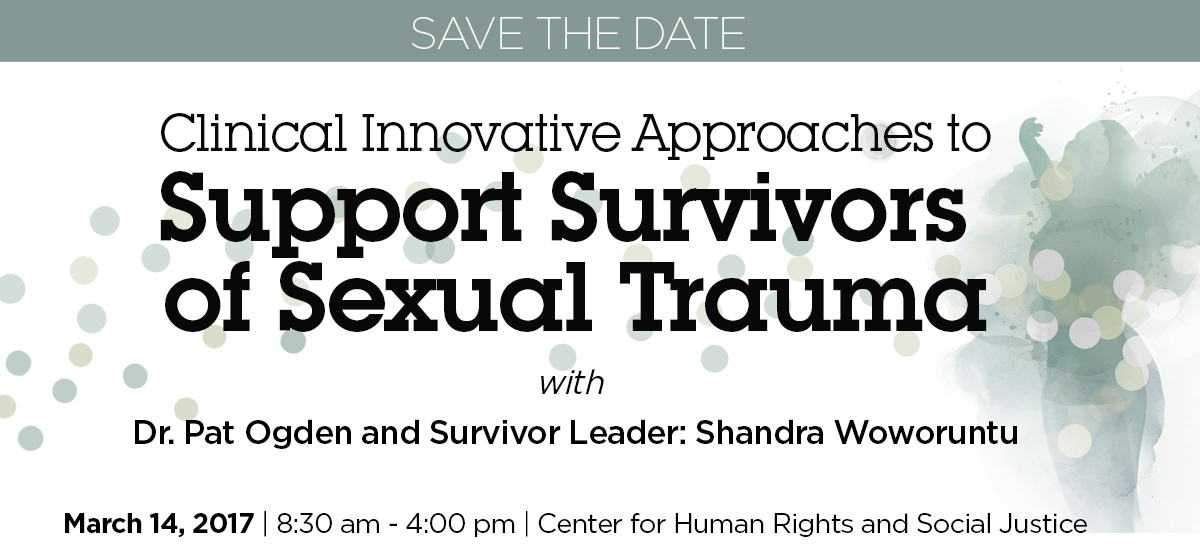

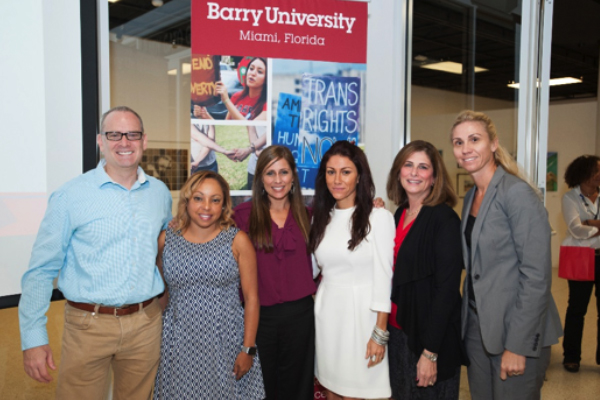

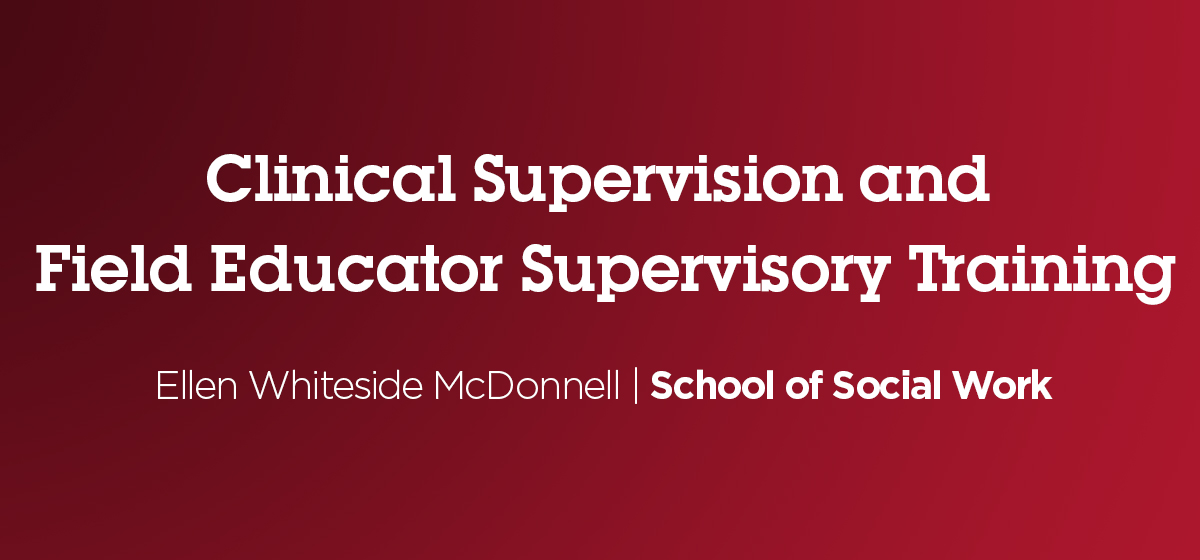
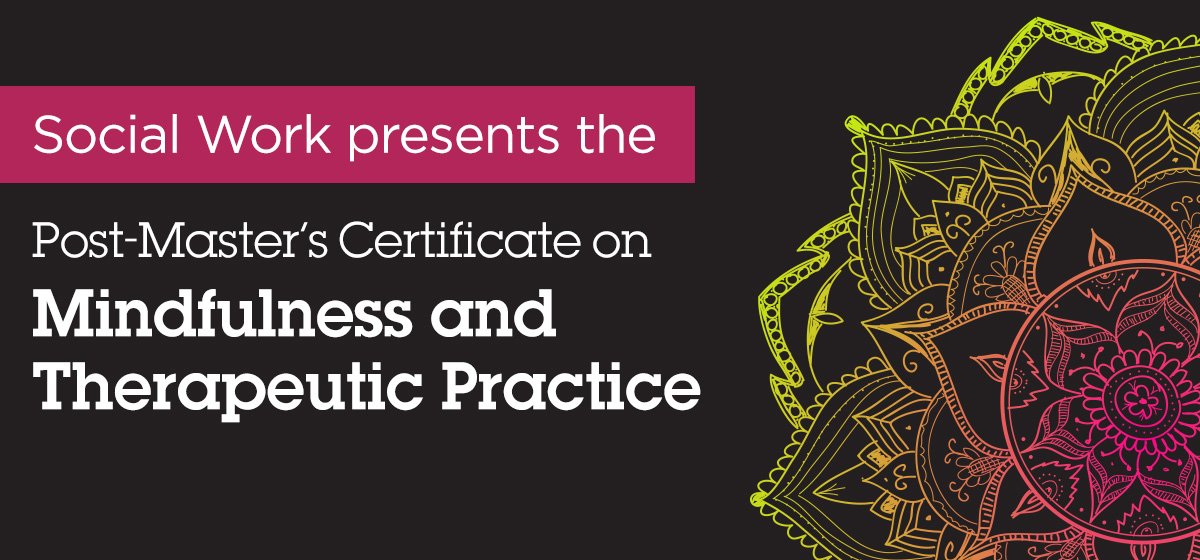







 February 2017 Issue
February 2017 Issue
